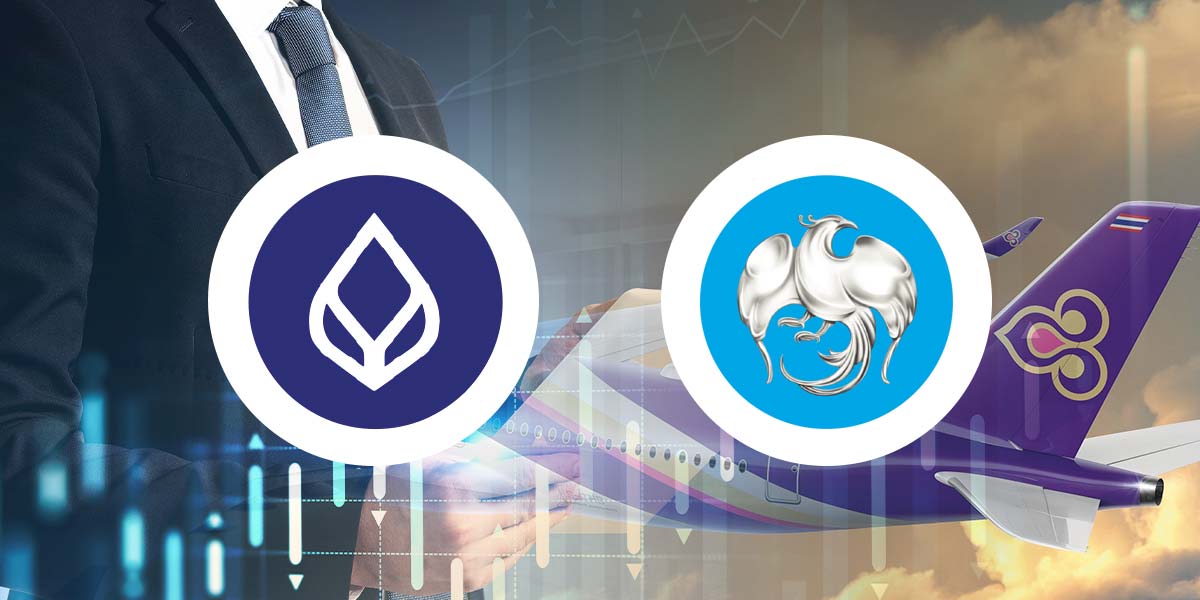According to a report by TISCO Securities (TISCO), Thai Airways International Public Company Limited (SET: THAI) is set to return to the Stock Exchange of Thailand (SET), tentatively in early August, following a dramatic turnaround completed through its multi-year rehabilitation program.
In its first analyst meeting since the restructuring process began in 2020, THAI management detailed a sharp financial recovery, driven by improved efficiency and profitability.
For the fiscal year 2024, Thai Airways reported total revenues of THB 183 billion, surpassing pre-pandemic benchmarks of THB 181 billion despite international tourist arrivals reaching only 90% of 2019 levels. The turnaround is evident in the airline’s core net profit, which soared to THB 41.5 billion, compared to a THB 8.2 billion loss in 2019.
The solid momentum continued in the first quarter of 2025, with THB 13.6 billion in net profit—up 23% year-on-year. The carrier’s balance sheet also showed significant improvement, with interest-bearing debt (IBD) to equity falling to 2.2x from 12.5x in 2019, and cash holdings reaching THB 95 billion.
The national airline’s relisting presents substantial upside for its major creditors, particularly Bangkok Bank (BBL) and Krungthai Bank (KTB). Before rehabilitation, BBL and KTB had lent THAI THB 9.3 billion and THB 6.9 billion, respectively.
During the turnaround, both banks converted portions of these loans—THB 6.1 billion for BBL and THB 3.4 billion for KTB—into THAI shares at a cost of THB 2.5452 per share. Upon THAI’s return to the market, BBL and KTB will control roughly 2.4 billion shares (10.4%) and 1.3 billion shares (5.7%), respectively.
Leading up to this, the anticipated return of Thai Airways to the Stock Exchange of Thailand is set to deliver substantial benefits to BBL and KTB, through two primary mechanisms.
Firstly, both banks had fully provisioned their loans to Thai Airways during the carrier’s financial troubles, recording these exposures as expected credit losses (ECLs) on their books. As Thai Airways has returned to profitability, BBL and KTB now have the opportunity to reverse a portion of these provisions.
Although it is unlikely that these reversals will be reported directly as profits, the banks are expected to retain them as management overlays. This strategic reserve would provide BBL and KTB with additional flexibility, reducing the need to set aside extra provisions in the second half of 2025, particularly if economic conditions begin to deteriorate.
Secondly, the shares in Thai Airways that both banks acquired through debt-to-equity conversion are expected to be accounted for using a Fair Value Through Profit and Loss (FVTPL) approach.
Once Thai Airways resumes public trading, any share price appreciation above the banks’ original entry price of THB 2.5452 per share will result in unrealized gains, which BBL and KTB can recognize as FVTPL income. Such gains would offer an important cushion to the banks’ bottom lines, helping to offset pressures from weakening economic growth or falling interest rates.





